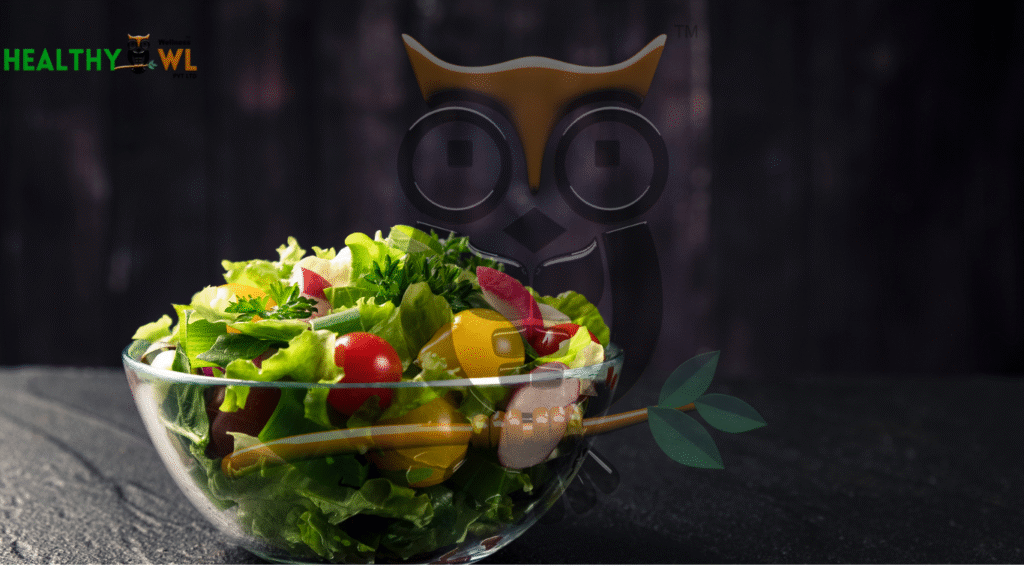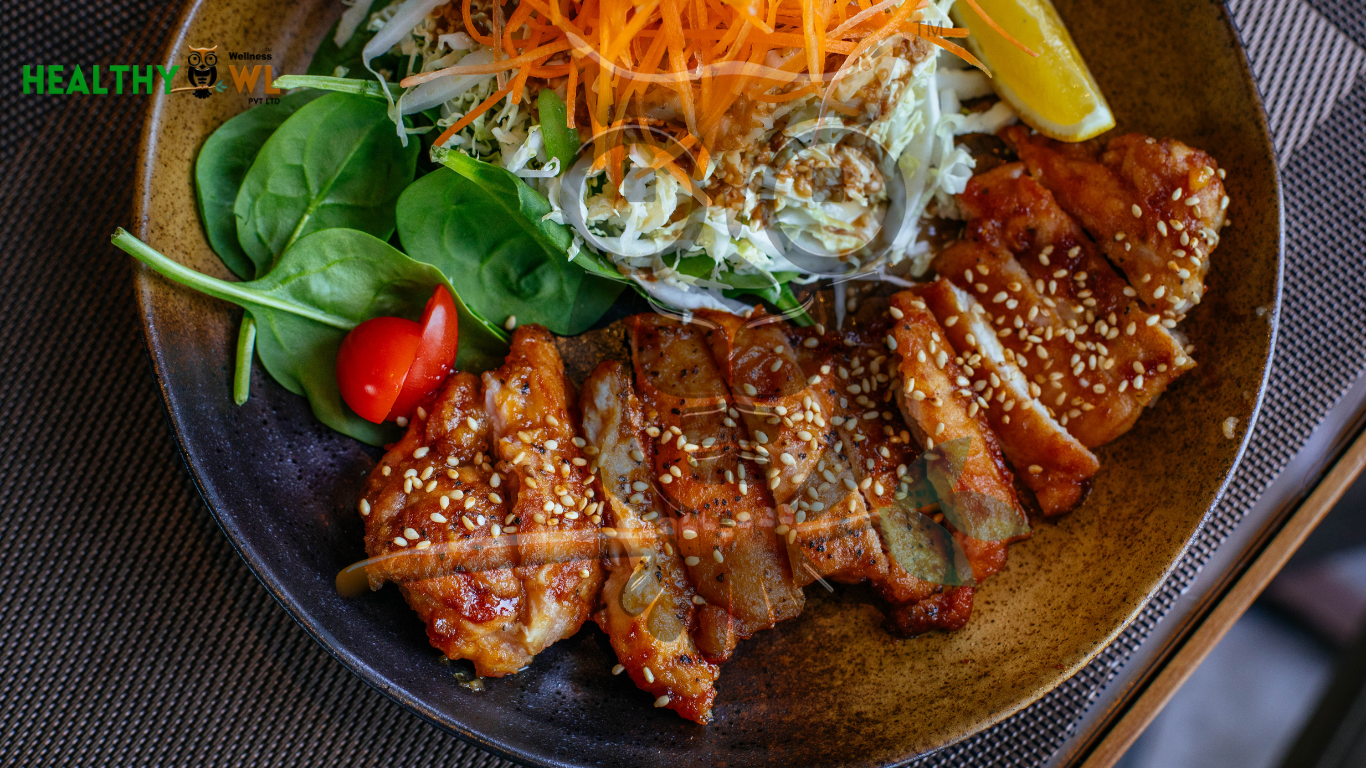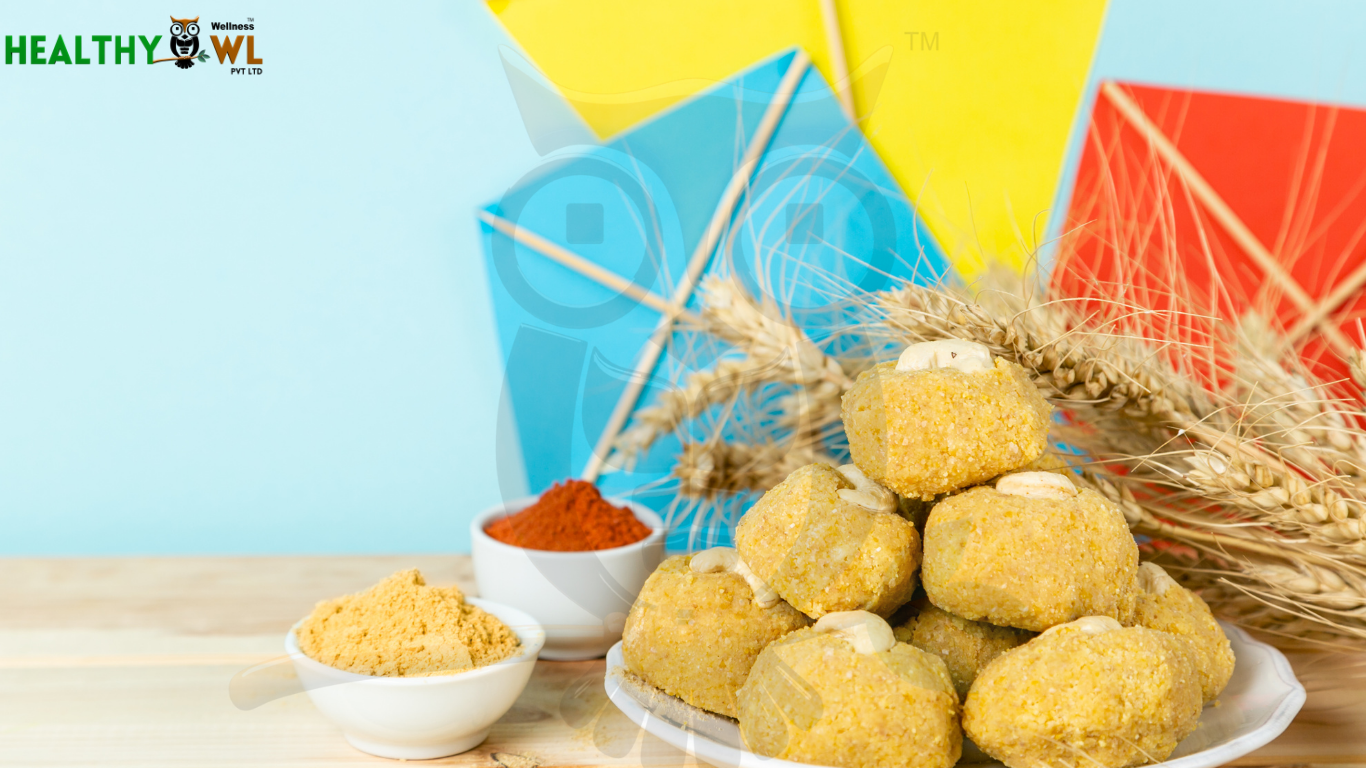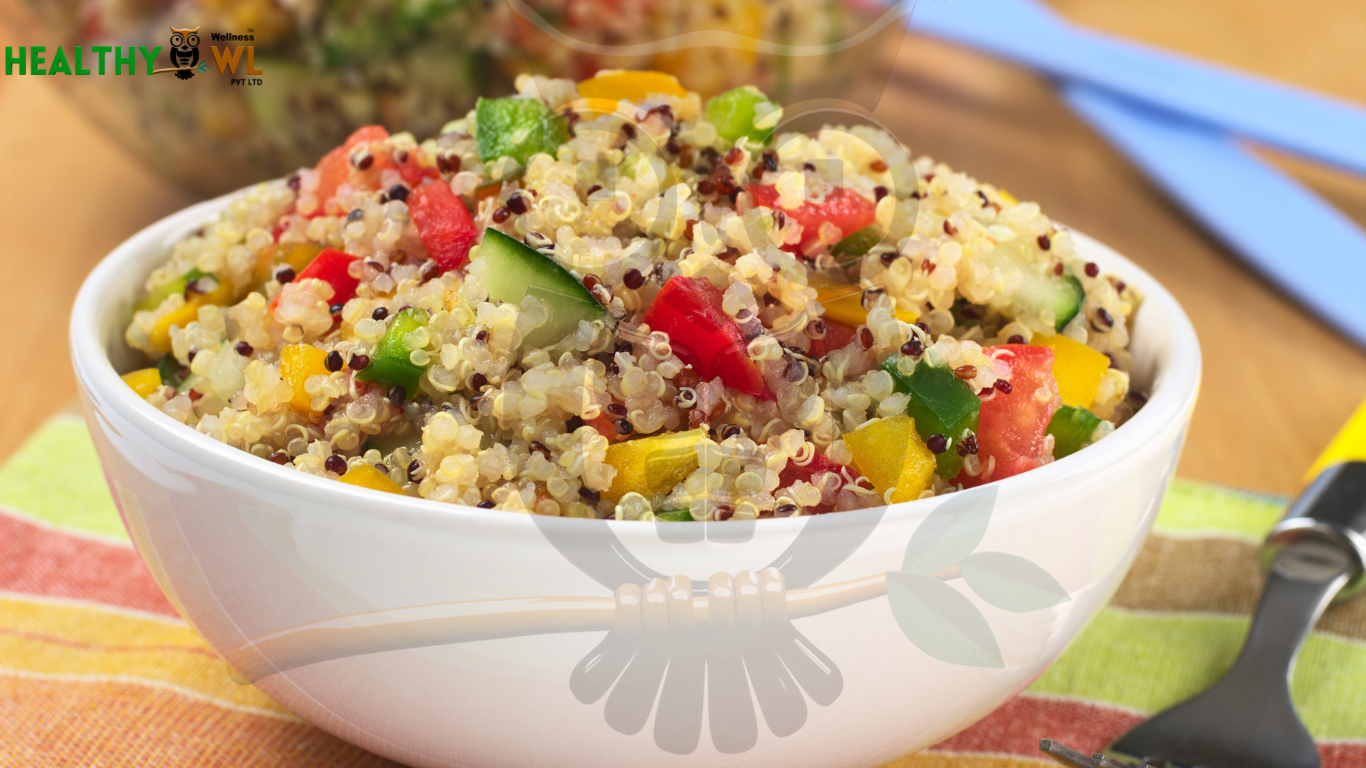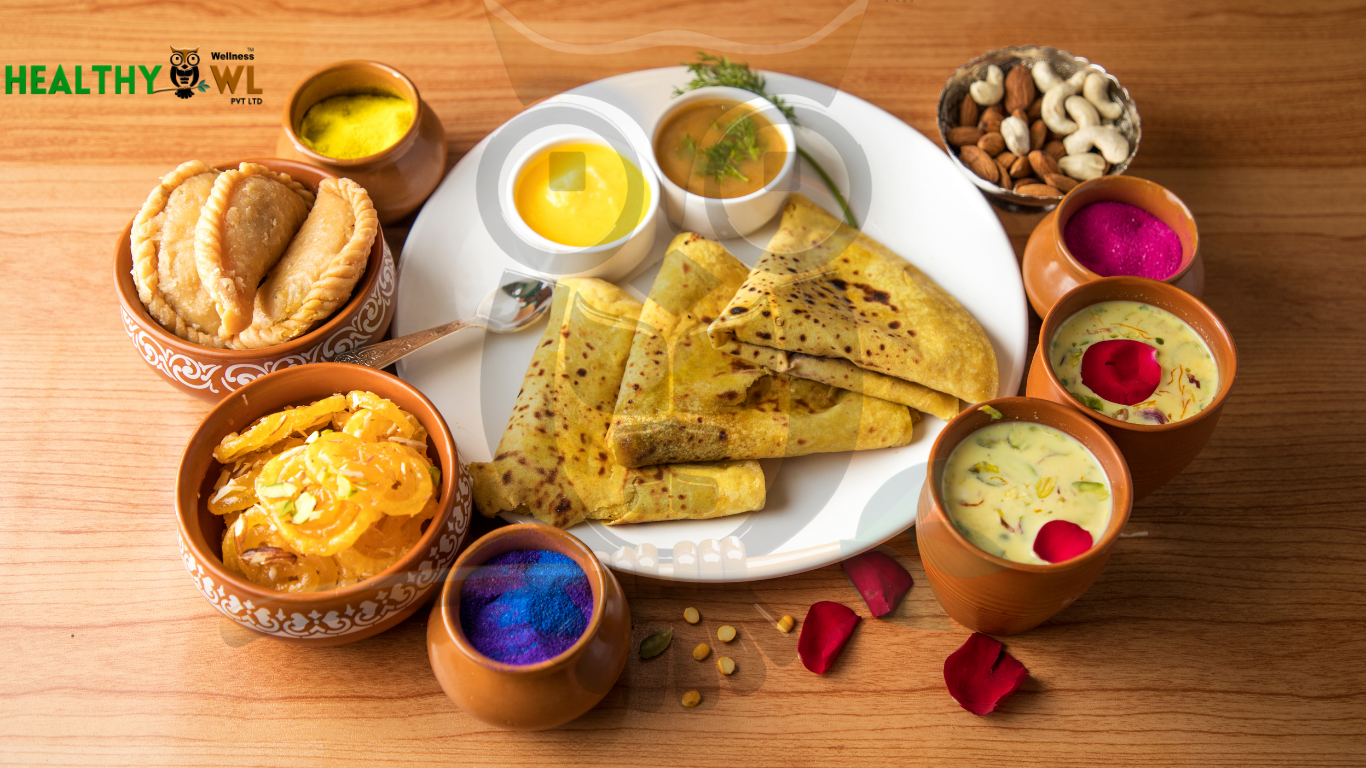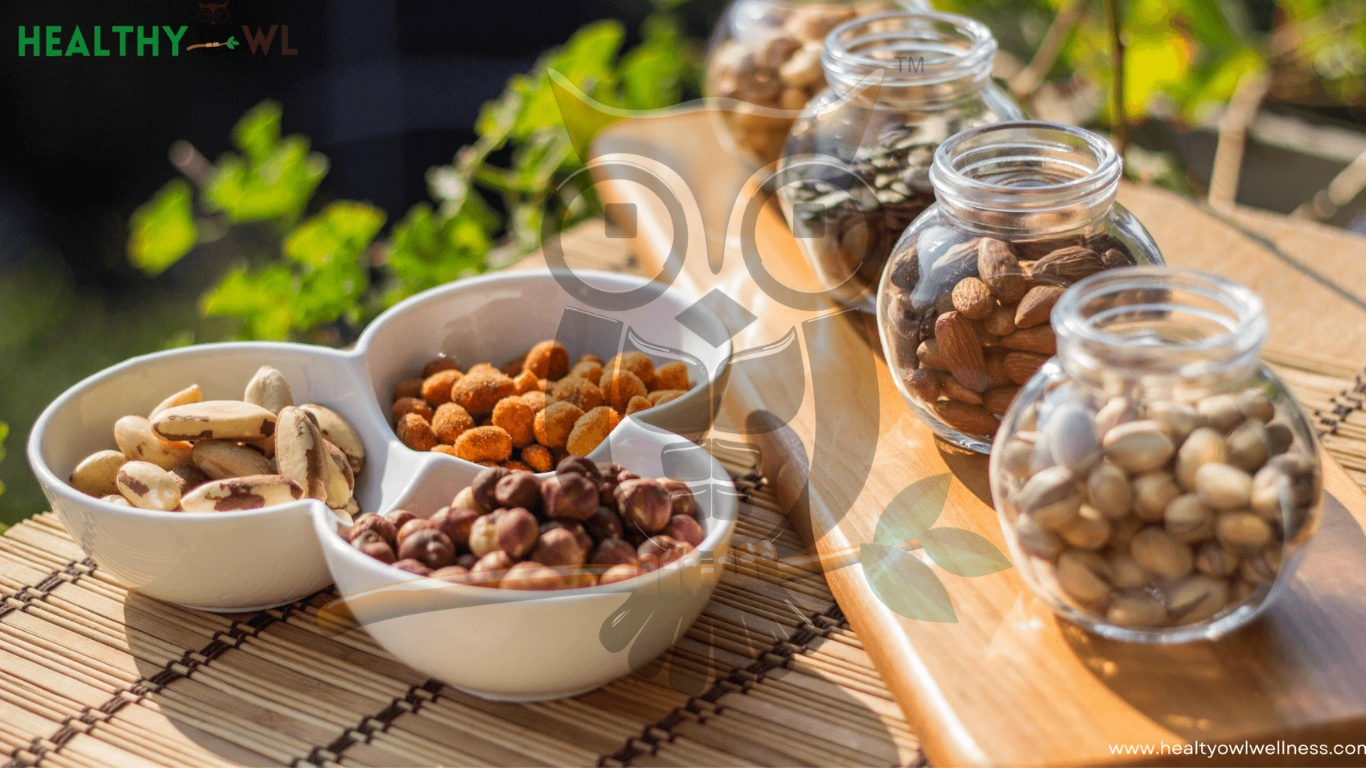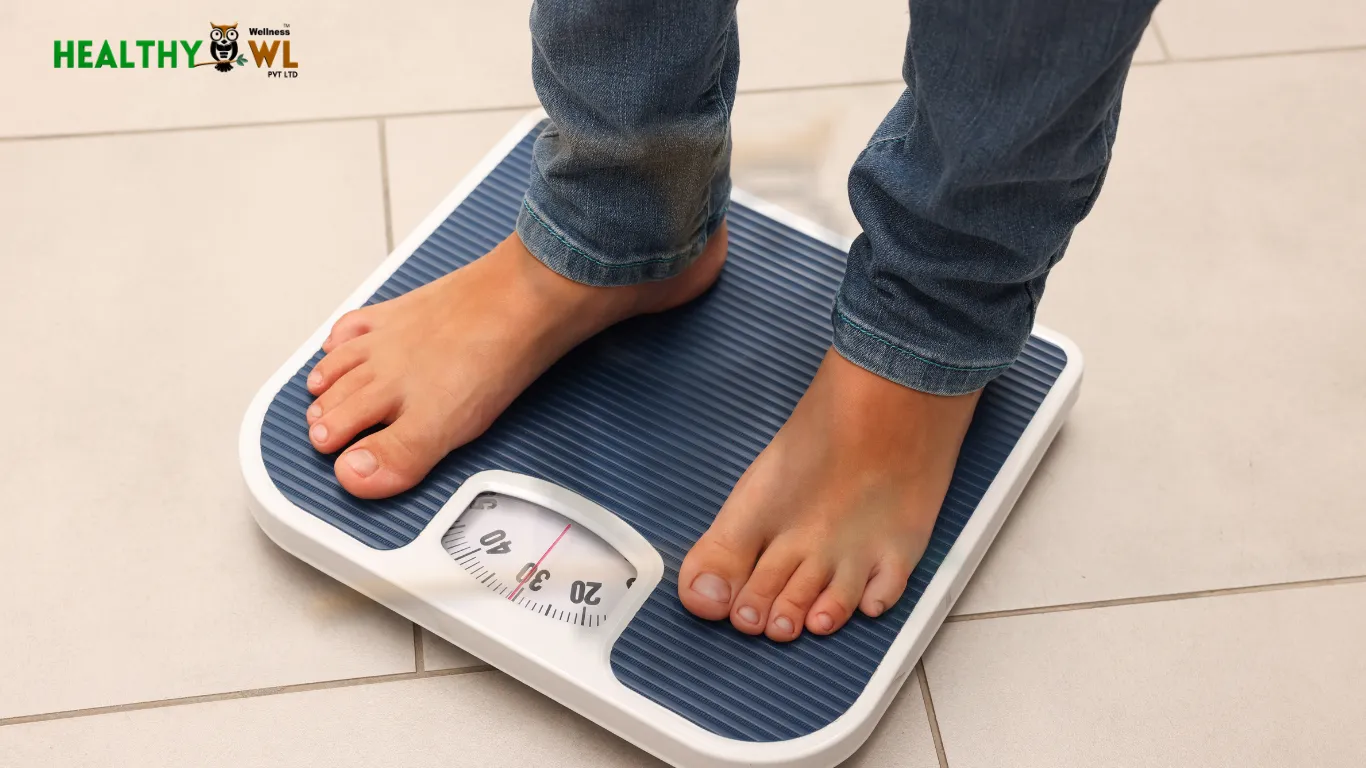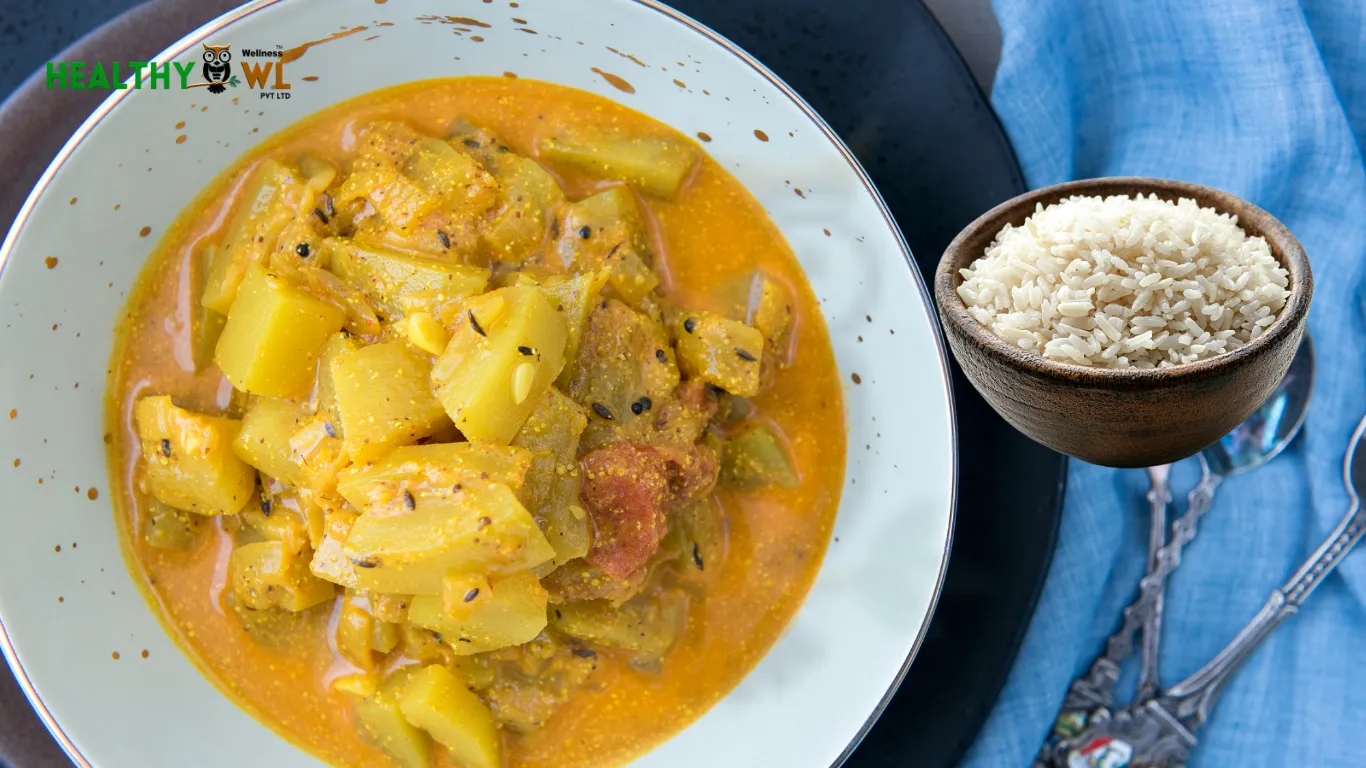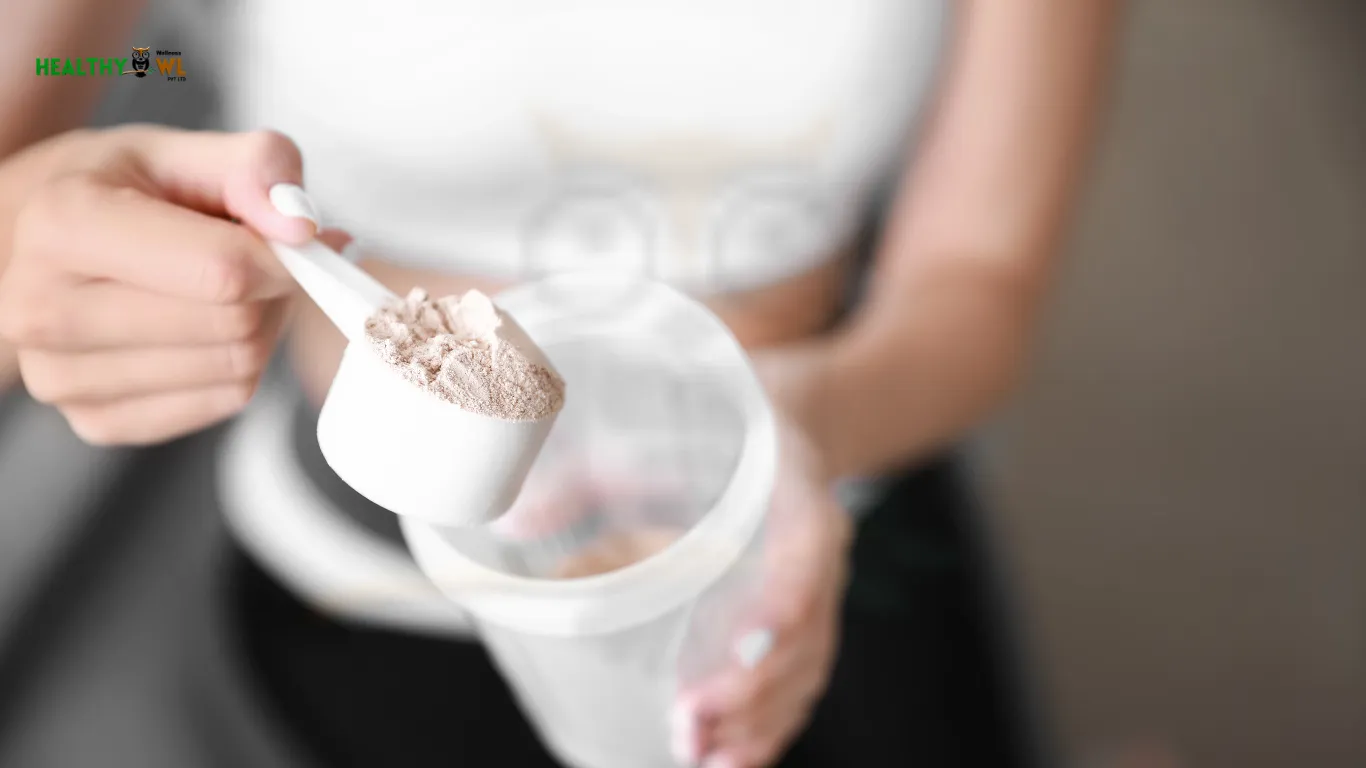Eid al-Fitr is a celebration that brings together family, friends, and an abundance of delicious food after a month of fasting and reflection during Ramadan. It’s a time to give thanks, indulge in festive meals, and embrace joy, but it’s also important to transition back to regular eating in a way that nurtures your body. After a month of controlled eating, your body will appreciate care and attention during this time of indulgence. Let’s explore how you can enjoy the holiday feast while maintaining balance and promoting long-term well-being.
Kickstart Your Day with Energy and Balance
Eid typically begins with a pre-prayer breakfast, making it the first meal after weeks of dawn-to-dusk fasting. To set a healthy tone for the day, think about balancing the nutrients your body has missed during fasting. Instead of diving straight into rich dishes, try starting your morning with something light but nutritious—like a bowl of oats topped with nuts and fresh fruit or whole wheat toast paired with eggs. This will give you sustained energy and prevent blood sugar spikes, helping you manage the day’s meals better.
Incorporating Suhoor Wisdom: Before diving into Eid festivities, let’s reflect on the importance of Suhoor during Ramadan. Suhoor sets the tone for the day ahead, so it’s essential to eat a balanced meal that provides lasting energy. Focus on complex carbohydrates, protein, and healthy fats. Avoid foods that are too salty or high in sugar.
- Example Suhoor Plate: Oats with chia seeds, nuts, and a boiled egg; whole wheat bread with avocado and cottage cheese; a side of hydrating fruits like watermelon or cucumber; and water or coconut water to hydrate.
Hydration: A Key Component for Post-Fasting
Water is a simple yet often overlooked part of maintaining your health post-Ramadan. With fasting behind you, it’s crucial to replenish your body’s hydration levels. You may be tempted by sugary drinks like juices or traditional beverages, but water should be your go-to for most of the day. Start by drinking water first thing in the morning and continue sipping throughout the day, especially between meals. You can also include hydration-friendly options like coconut water, which is packed with electrolytes, or homemade lassi, which hydrates the body and aids digestion.
Hydration During Ramadan: During non-fasting hours, it’s crucial to stay hydrated. Drinking water regularly between iftar and suhoor is essential to prevent dehydration, especially if Ramadan falls in hot months.
- Pro Tip: Avoid sugary drinks and caffeinated beverages as they can dehydrate you.
Small Portions, Big Flavor: Relishing Eid’s Delicacies Without Overeating
Eid feasts can be overwhelming with the sheer number of rich and flavorful dishes, from savory biryani to indulgent desserts like kheer and baklava. However, after a month of smaller, controlled meals, your body may struggle to adjust to large quantities. The key here is to focus on portion control while still savoring your favorite dishes. Opt for smaller servings, and make sure you’re chewing slowly, allowing yourself to truly enjoy the flavors. This not only aids digestion but also helps prevent overeating. You can always go back for seconds if you’re still hungry—just remember to listen to your body!
Fiber-Packed Dishes for Happy Digestion
Transitioning back to regular meals after fasting can sometimes lead to digestive discomfort. Including fiber-rich foods in your meals can help ease this process. Dishes like lentil soups, salads with leafy greens, or whole grains like quinoa and brown rice can be beneficial. These not only improve digestion but also keep you feeling fuller for longer, preventing the urge to snack throughout the day. The good news is that many traditional Eid dishes, like vegetable curries or lentil-based dishes, can easily be made fiber-rich by adding extra vegetables or using whole grains instead of refined ones.
Balanced Meals Post-Iftar: After iftar, opt for meals that are rich in lean proteins, healthy fats, and fiber to maintain your energy levels throughout the night.
- Example Post-Iftar Plate: Grilled lean meat or a plant-based protein like tofu or lentils, paired with brown rice or whole wheat pita, roasted vegetables, and a yogurt-based dip.
Mindful Indulgence: Enjoying Sweets without the Guilt
Eid is synonymous with sweet treats, and resisting them is often impossible. But enjoying these delicacies doesn’t mean you have to overindulge. A mindful approach can help you appreciate each bite without feeling overly stuffed or sluggish afterward. You can make slight modifications to recipes by reducing sugar or opting for natural sweeteners like dates or honey. If you’re a guest and can’t alter the recipe, try to enjoy smaller portions of desserts like seviyan or gulab jamun, alongside healthier options like fruit salads or yogurt-based sweets. Remember, it’s about balance, not restriction.
Movement as Part of Your Festivities
While Eid is a day full of festivities and often includes sitting around chatting with family, introducing some gentle movement can make a significant difference in how you feel. After enjoying a meal, go for a short walk with family members. Not only will this aid digestion, but it also adds a social aspect to physical activity. If walking isn’t an option, even a short stretching session can help alleviate any feelings of sluggishness from heavier meals. Incorporating light movement between meals ensures that you don’t feel too weighed down by the end of the day.
Celebrating Together: Mindful Conversations and Eating
Eid is a celebration of togetherness, and shared meals are the heart of the day. But while food is the focus, the conversations and connections you build during meals are equally nourishing. Make your Eid gatherings more meaningful by focusing on mindful eating—paying attention to the flavors, textures, and portions on your plate. Engage in deeper conversations with your loved ones, slowing down the pace of eating and appreciating the moments spent with others. This practice not only enriches your experience of Eid but also helps you avoid the temptation to overeat while distracted.
Conclusion
Eid al-Fitr is a day of celebration, indulgence, and togetherness. But even in the midst of the festivities, there are easy ways to make healthier choices that will keep you feeling nourished and energized. From balancing your meals to staying hydrated and incorporating movement, a few mindful adjustments can ensure that your transition from fasting is smooth and sustainable. Enjoy your favorite foods, spend time with loved ones, and take this day as an opportunity to nourish both your body and soul.
Looking to continue your wellness journey beyond Ramadan?
At Healthy Owl Wellness, we offer personalized nutrition and wellness plans that help you stay balanced, healthy, and happy all year long. Learn more today!
Sources:
- WebMD
- Healthline


